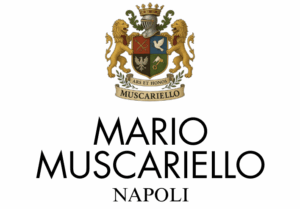2024, 01.13
by CL.M.
Let's change our habits
In the fashion world, there's a growing movement towards high-quality, handmade, and bespoke production. This not only provides consumers with a unique and personalized product but can also lead to greater sustainability in production. Let's examine how this approach to fashion can help reduce waste, including that related to energy and water, while also combating the phenomenon of fast fashion
Let's slow down
The production of artisanal and bespoke clothing involves a slower and more careful approach to fabric processing. This process requires less energy compared to large-scale production and mechanized processes. Furthermore, attention to detail and the quality of materials used often result in garments that last longer, reducing the frequency of replacements.
"Handcrafted Work Doesn't Pollute"
"Handcrafted Work Doesn't Pollute"
Let's Avoid Waste
One of the main problems in the fashion industry is the excessive production and disposal of unsold garments. Every year, the industry consumes 93 billion cubic meters of water and is responsible for a significant share of greenhouse gas emissions, estimated at between 8 and 10% of the global total. Fast fashion encourages the mass production of low-cost garments, which often remain unsold and are quickly discarded. This results in a waste of resources and contributes to the increasing amount of waste polluting our oceans and the environment.
Let's Set Ourselves Apart from the Crowd
When we are born, we share some similarities with our parents, but our uniqueness begins with our fingerprints. Fast fashion promotes uniformity to maximize production, reduce costs, and increase profits. Craftsmanship, on the other hand, allows you to personalize your clothing, turning your wardrobe into an investment that reflects your individuality and enhances your uniqueness
Conscious purchases
Only through re-education on conscious consumerism and a choice of high-quality artisan-made products can we stop this overwhelming wave. This will not only penalize companies responsible for pollution but also reward those artisanal Italian-made businesses that are more sensitive to the impact of their production on the environment. This transformation concerns not only how we purchase but also how we conceive fashion and its impact on the planet
